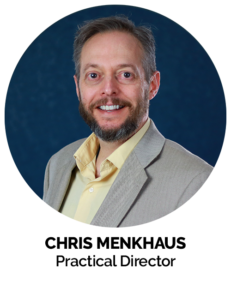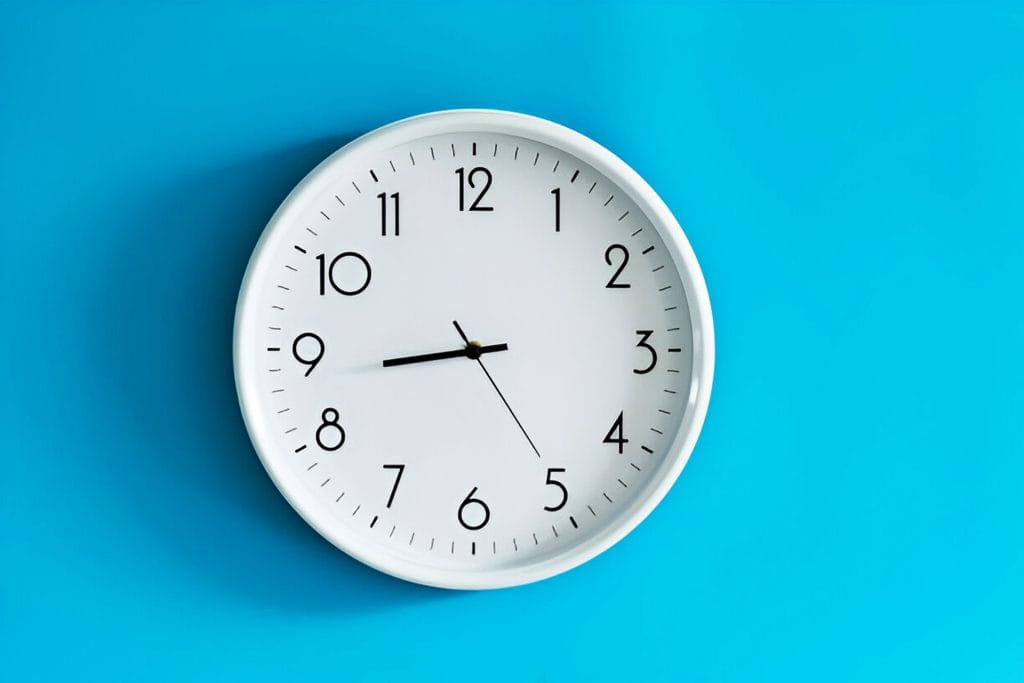Last updated on April 3rd, 2021 at 10:02 am
Is it being fully booked out for a period of days, weeks or months? (yikes).
Not really.
Ideally, your schedule would feature productive appointments accompanied with opportunities to present treatment (thereby creating more productive appointments)!
Time to do both of those two things is more important than filling up a chair just for the sake of filling up the chair. In many cases, a schedule that looks sparse even with an unhealthy number of openings can be more productive than a schedule that is “full.”
Before I get into this week’s post, I wanted to let you know that we offer a free e-book all about having an efficient and productive schedule. There’s a ton of information, so I highly recommend downloading it by clicking here!
The key to all of this is looking at what’s ON the schedule, not the empty spaces in between.
In fact, I’ve seen many doctors become more productive when they reduced the number of patients they see daily from 30 down to 10 (or even less). They started collecting more, and honestly helping more people get healthy (because they had time to present and complete comprehensive treatment).
When I broach this concept I’ll often hit some resistance. I’ll hear, “My schedule has to be FULL. I can’t have empty chair time!” So they have their staff rush to fill it with anything and everything, mostly low-value appointments. They work like crazy trying to fit in all those appointments and then at the end of the day say, “What the heck happened? How did we produce so little?”
(Related: 7 Ways to Fill Openings in the Doctor’s Schedule)
 I’ll tell you exactly what happened: the doctor’s schedule was filled so haphazardly with relatively non-productive appointments (single unit procedures, post-op checks, inserts, etc.) that they were too busy to take the time and attention needed to get present treatments and complete larger procedures.
I’ll tell you exactly what happened: the doctor’s schedule was filled so haphazardly with relatively non-productive appointments (single unit procedures, post-op checks, inserts, etc.) that they were too busy to take the time and attention needed to get present treatments and complete larger procedures.
Scheduling really is one of those instances where you should be working smarter, not harder.
Case in point, we have one client who produces $110-120,000 a month out of one chair, by himself. He only has two staff and the office is only open 3½-4 days a week. He’s not a surgeon or a specialist. He’s just doing bread-and-butter dentistry, but he’s keenly focused on keeping his schedule “lean” and efficient.
What I call “fear based scheduling” is when the doctor or the scheduler are so scared of empty chair time that they will try to fill the schedule at all costs, with no regard for the type of procedure.
(Related: 3 Easy Steps to Boost Productivity)
Here’s an example of how “fear based scheduling” can kill efficiency:
Say you’re operating out of two chairs and have a hygienist in a third chair. In the first chair, you have Patient X for a productive procedure. In the second chair, you have Patient Y but he cancels, so now it’s empty. So, the scheduler fills it with whatever they can, perhaps a post-op check. Technically you’re “busy,” but then you realize you actually could have done more work with Patient X in the first chair, which would have been more valuable. And, because you’re rushing to see this post-op check, you skip through the exam with the hygiene patient in just a couple minutes…who needed work done but doesn’t accept their treatment plan because they never had a chance to go over it fully with you.
(Related: Making Time for the “Business Side” of Dentistry)
Of course you need to see that post op check (or all of these other appointments for that matter) – but not right at that point. With a properly organized schedule, there would be a more efficient time to do it.
And once your schedule is ironed out for maximum efficiency (i.e. people scheduled at the right time, adequate assistants and the like), if you find yourself booking out again, it’s time to start looking for an associate!
If you’ve been to the MGE Communication & Sales Seminars, you know how important it is to take the time in treatment presentations and consults to ensure the patient actually understand their treatment and answer any questions they have. So don’t sacrifice that time just to keep the schedule “full” with non-productive appointments.
Schedule smarter, not harder. If you need help organizing your schedule, check out our online training platform, DDS Success, or call us at (800) 640-1140. We can help you get more productive…without getting overworked in the process.
And as a reminder, you can download the free e-book about building a productive schedule by filling out the form below – you’ve got nothing to lose!



Great Book
Looking forward to the book
Looking forward to the book
Excellent
The “MGE Juice” always seems to find us right when we are in need. Thanks for the reminder, Chris! Kristen @ Dr. Hoang Truong’s office.